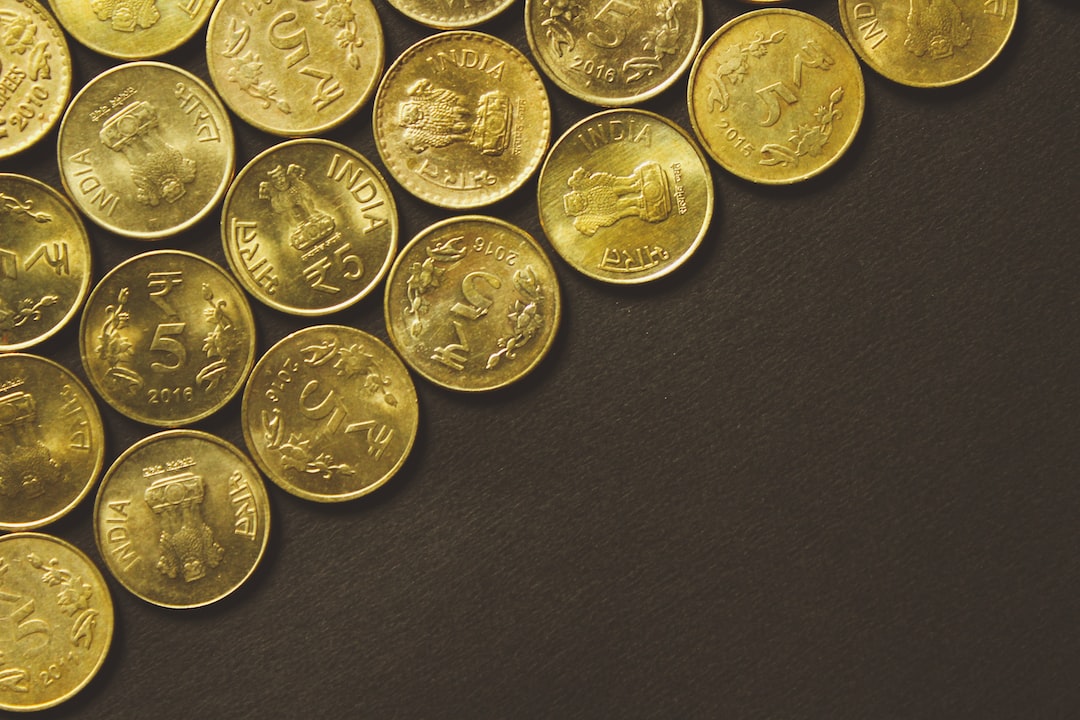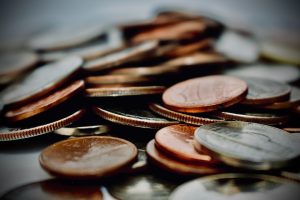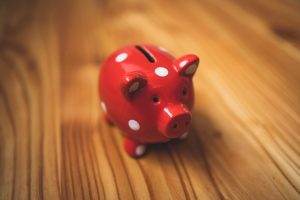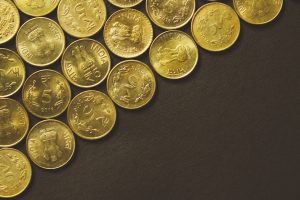The forex market is a highly dynamic and complex financial market that operates globally. It is open 24 hours a day, five days a week, and is accessible to traders across the world. To make the most of the forex market, traders must have a clear understanding of the different sessions in the forex market.
Forex sessions refer to the different trading sessions in the forex market. These trading sessions are divided into four main sessions: the Sydney session, the Tokyo session, the London session, and the New York session. Each of these sessions has its unique characteristics, and traders must understand these characteristics to make informed trading decisions.
The Sydney Session
The Sydney session is the first session of the forex market, and it starts at 10:00 PM GMT and ends at 7:00 AM GMT. This session is also known as the Pacific session. It is characterized by low trading volumes and volatility, as most of the major financial centers are closed during this session.
The Tokyo Session
The Tokyo session is the second session of the forex market, and it starts at 12:00 AM GMT and ends at 9:00 AM GMT. This session is also known as the Asian session. It is characterized by high liquidity and volatility, as the Japanese market is open during this session. The Japanese yen is the most actively traded currency during this session.
The London Session
The London session is the third session of the forex market, and it starts at 8:00 AM GMT and ends at 5:00 PM GMT. This session is also known as the European session. It is characterized by high liquidity and volatility, as the London market is the largest forex market in the world. The euro, the British pound, and the Swiss franc are the most actively traded currencies during this session.
The New York Session
The New York session is the fourth and final session of the forex market, and it starts at 1:00 PM GMT and ends at 10:00 PM GMT. This session is also known as the American session. It is characterized by high liquidity and volatility, as the New York market is the second-largest forex market in the world. The US dollar is the most actively traded currency during this session.
Factors that affect forex sessions
Several factors affect forex sessions, including economic releases, geopolitical events, and market sentiment. Economic releases such as GDP, employment data, and inflation reports can cause significant volatility in the forex market. Geopolitical events such as elections, wars, and natural disasters can also affect forex sessions.
Market sentiment is another factor that affects forex sessions. Market sentiment refers to the overall mood or attitude of traders towards the market. If traders are optimistic about the market, they are more likely to buy, which can lead to higher prices. On the other hand, if traders are pessimistic about the market, they are more likely to sell, which can lead to lower prices.
How to trade forex sessions
Traders can trade forex sessions using various strategies, including breakout trading, trend trading, and news trading. Breakout trading involves identifying key support and resistance levels and entering trades when the price breaks above or below these levels. Trend trading involves identifying the direction of the trend and entering trades in the direction of the trend.
News trading involves trading based on economic releases and other market-moving events. Traders can use a news calendar to track upcoming economic releases and enter trades based on the expected impact of these releases on the market.
Conclusion
Forex sessions are an essential aspect of the forex market, and traders must understand the characteristics of each session to make informed trading decisions. By understanding the different sessions and the factors that affect them, traders can develop effective trading strategies and make the most of the opportunities presented by the forex market.





